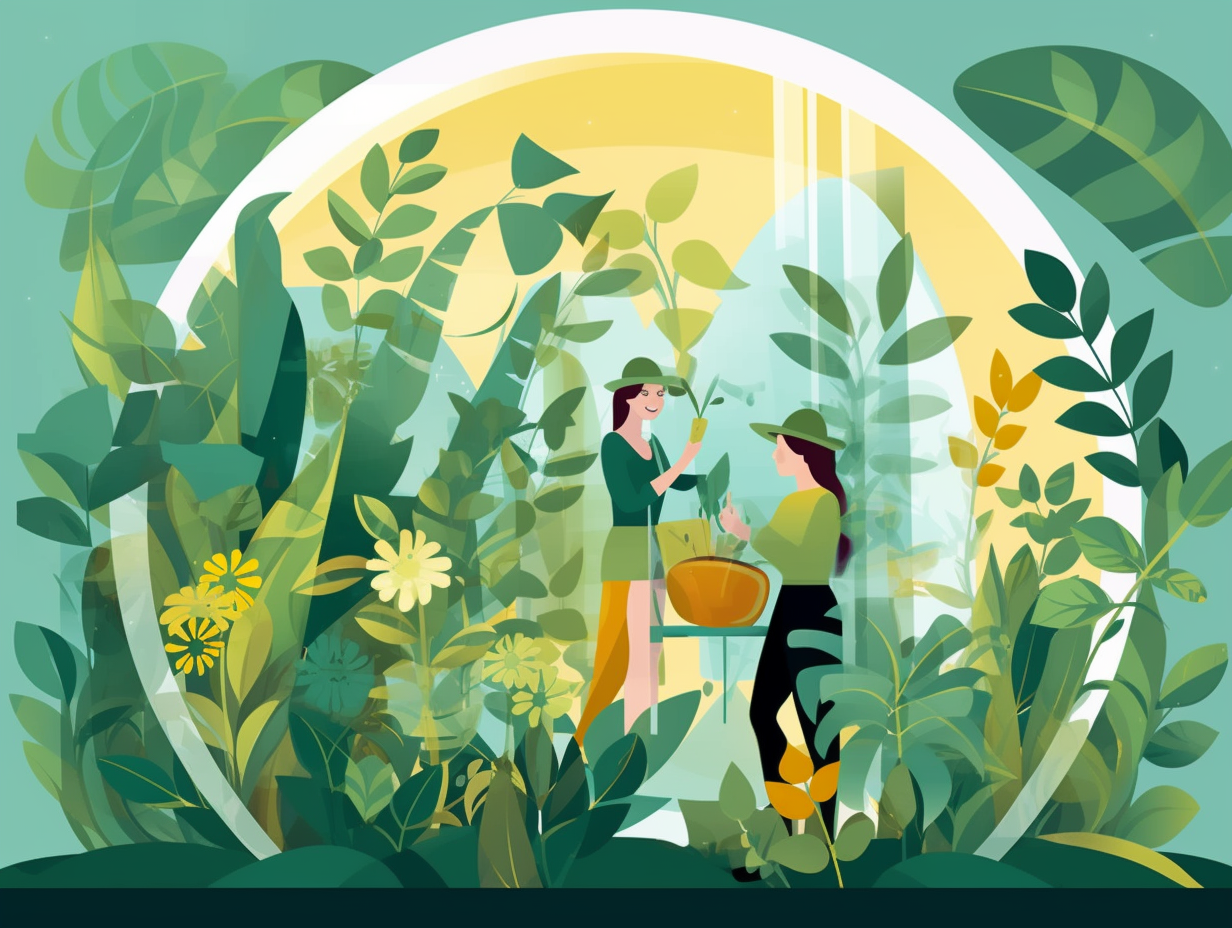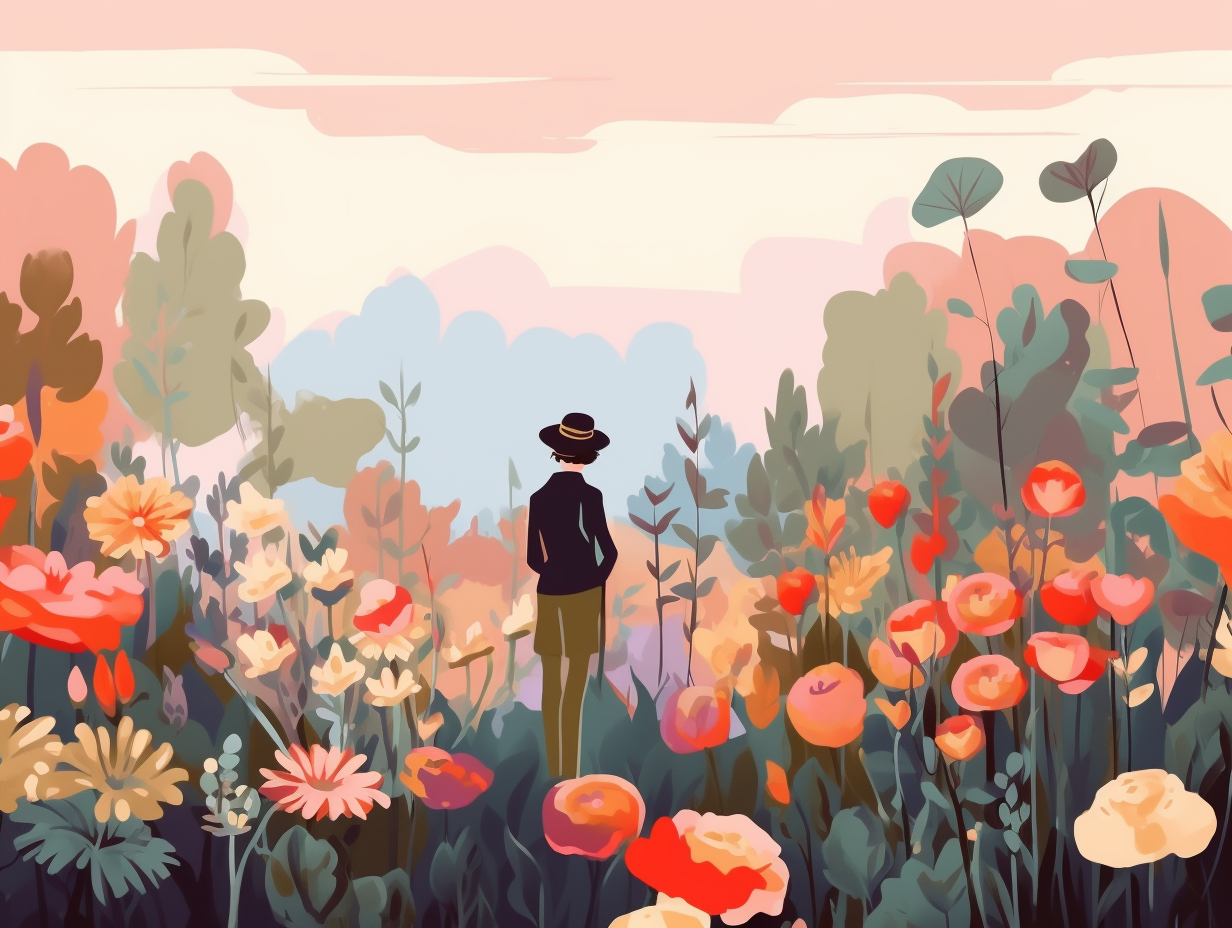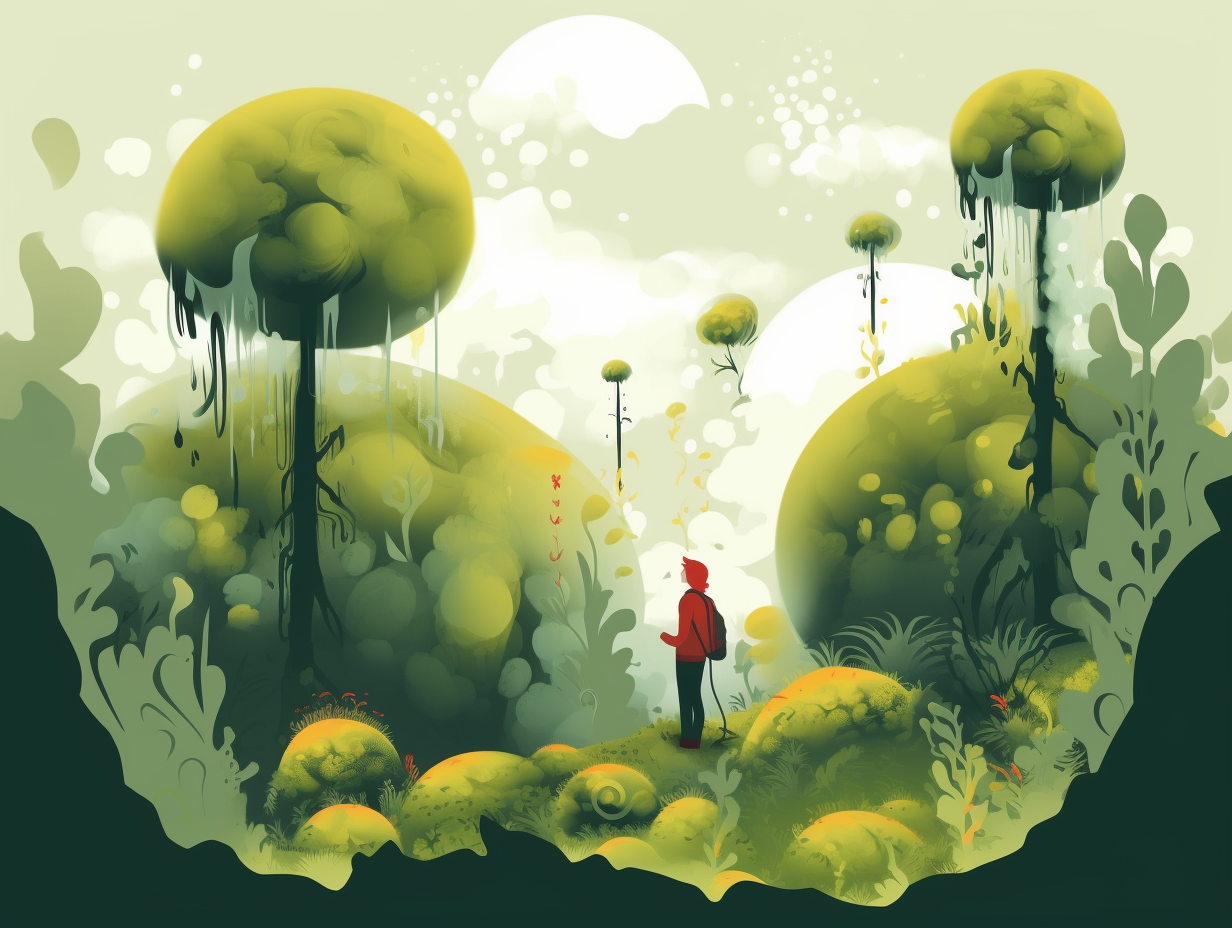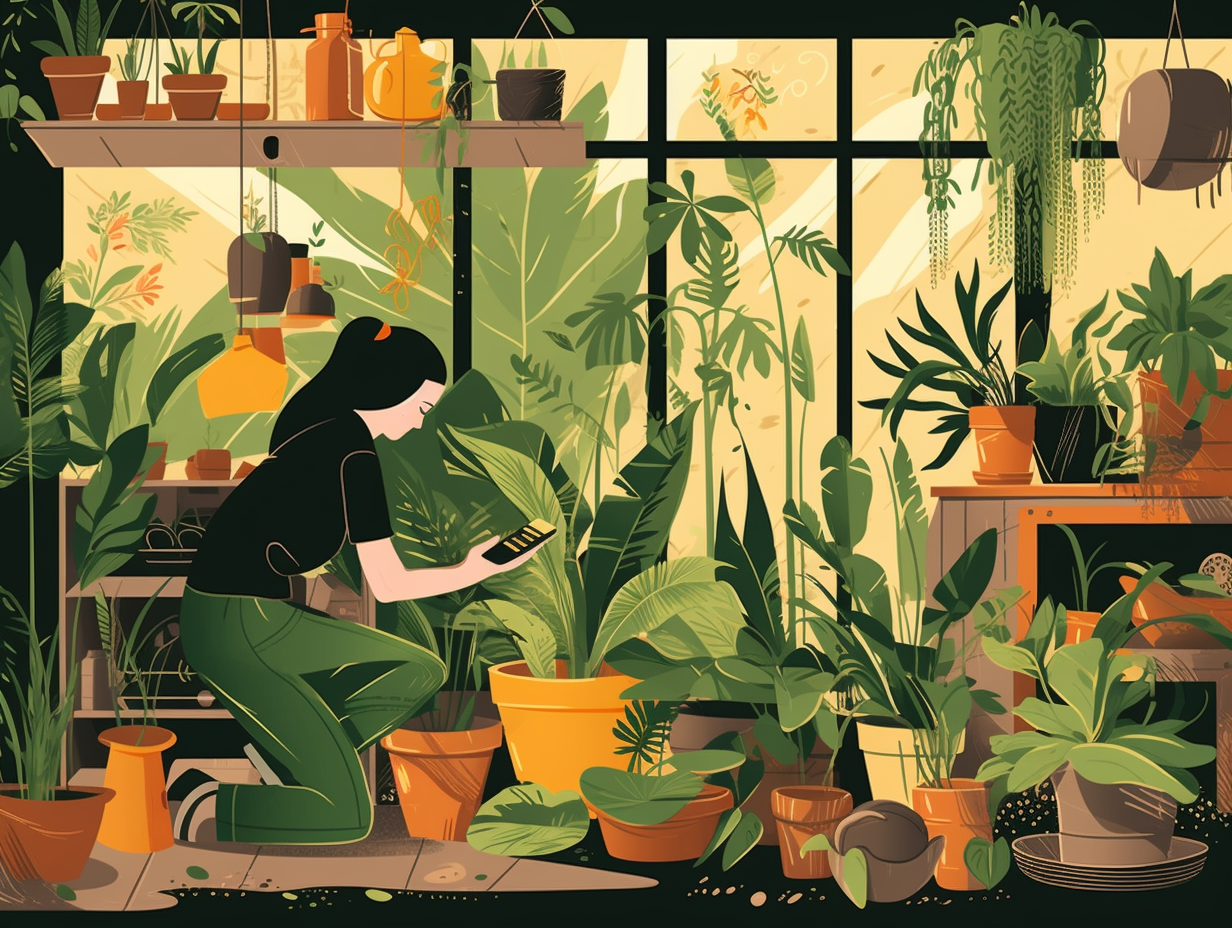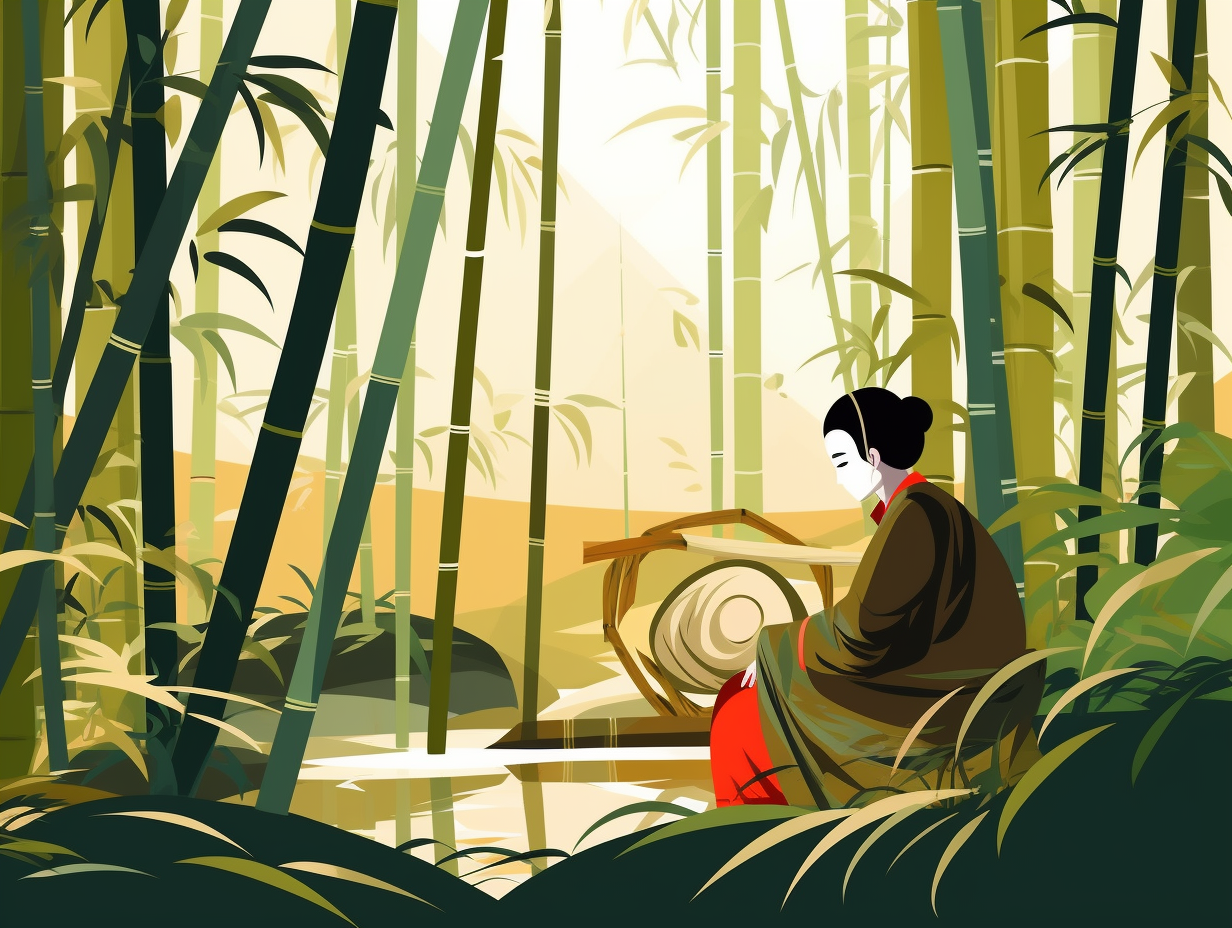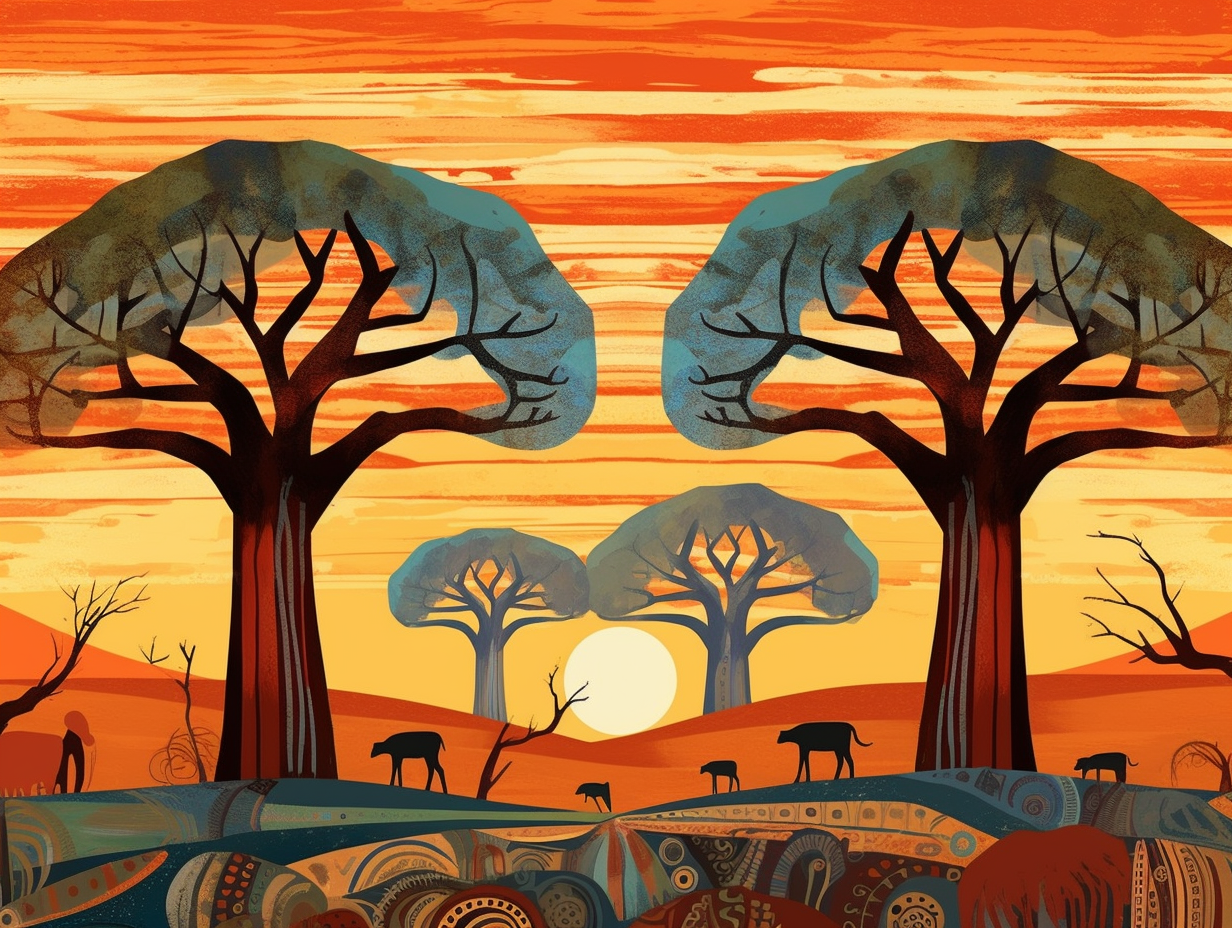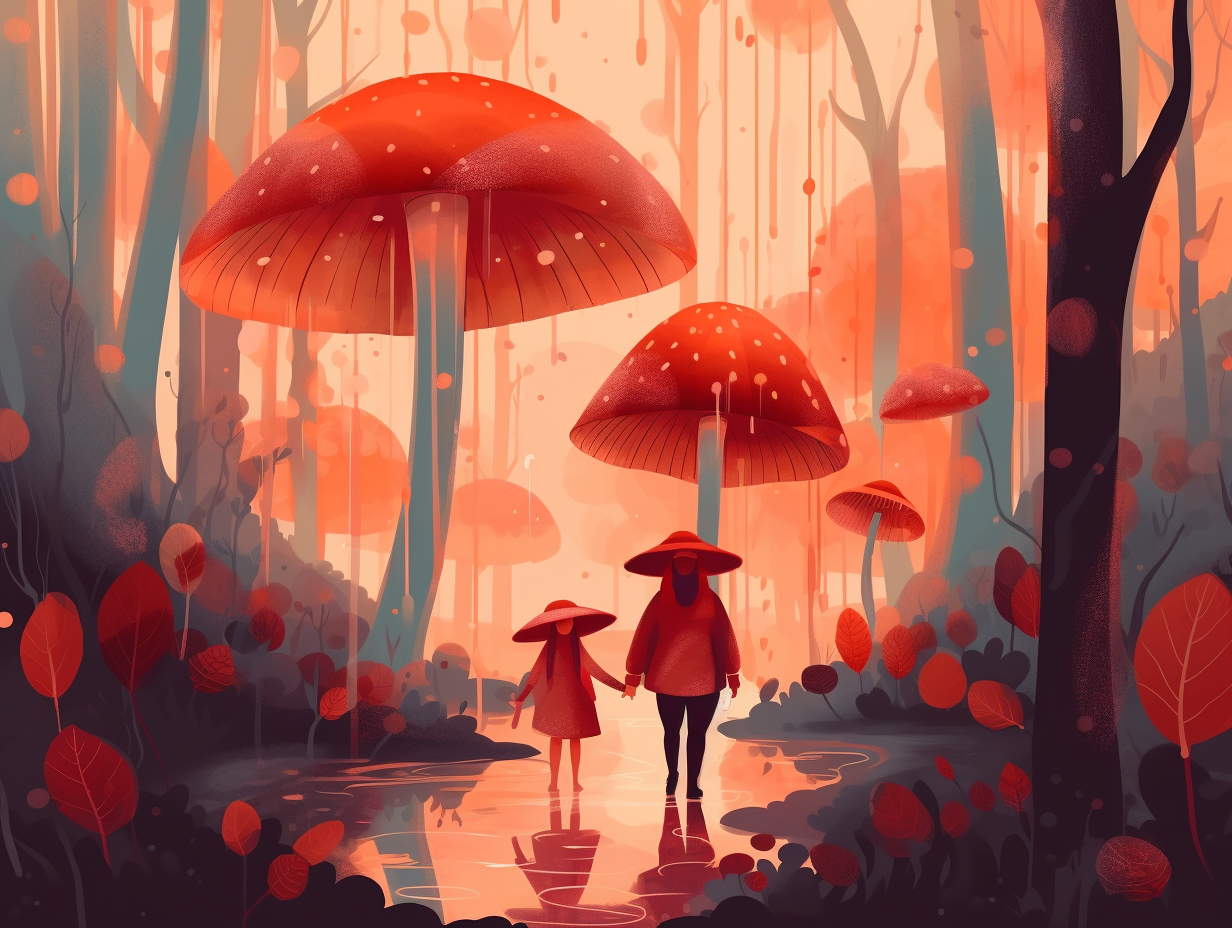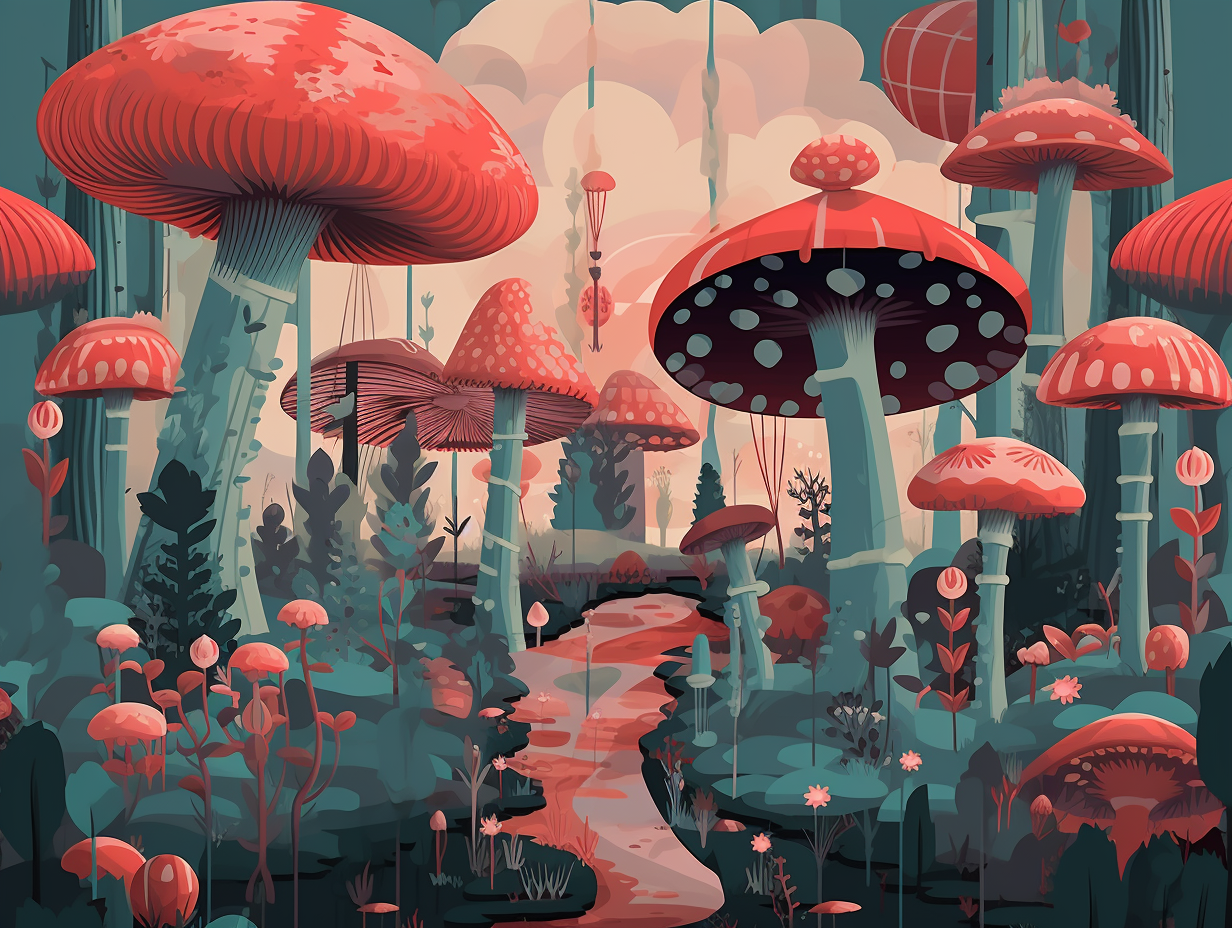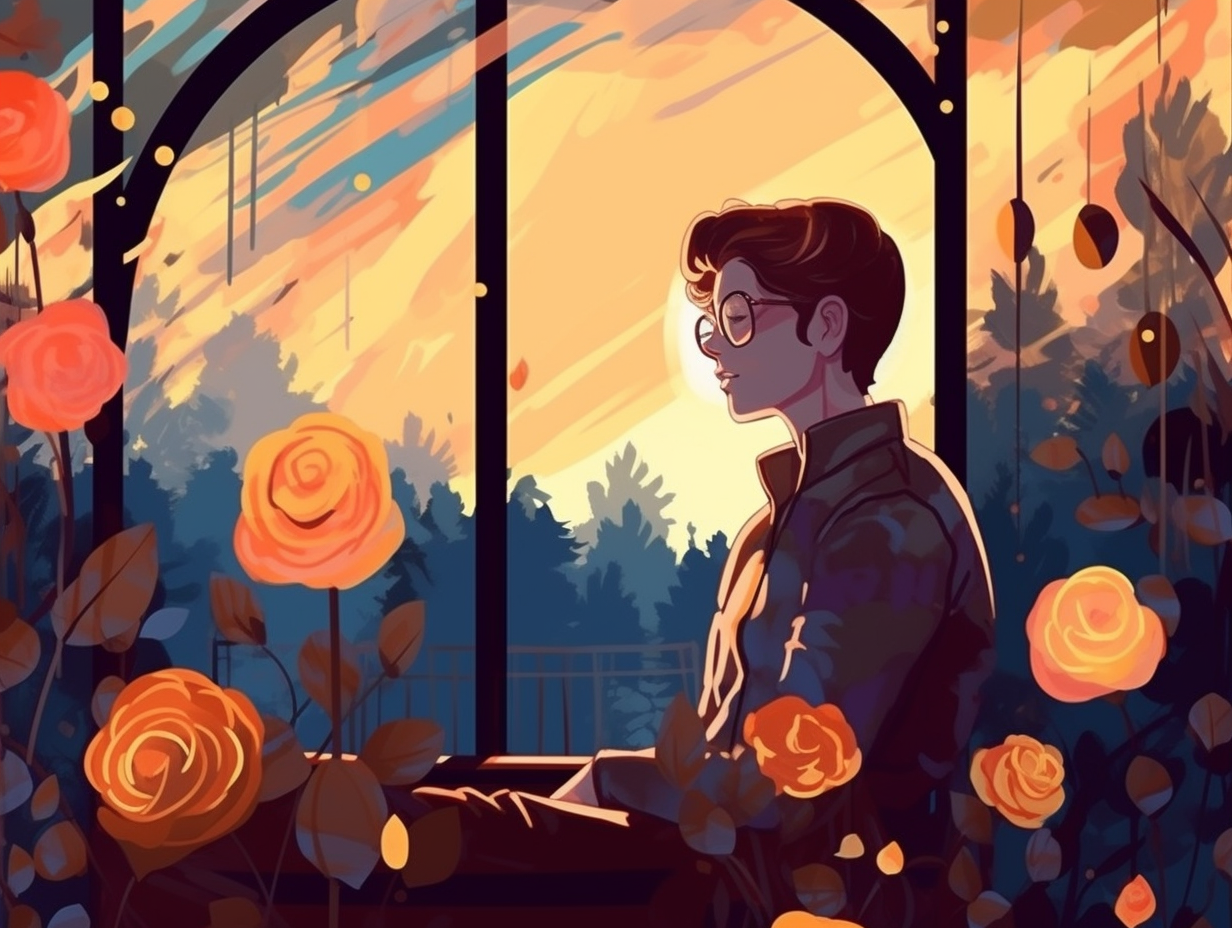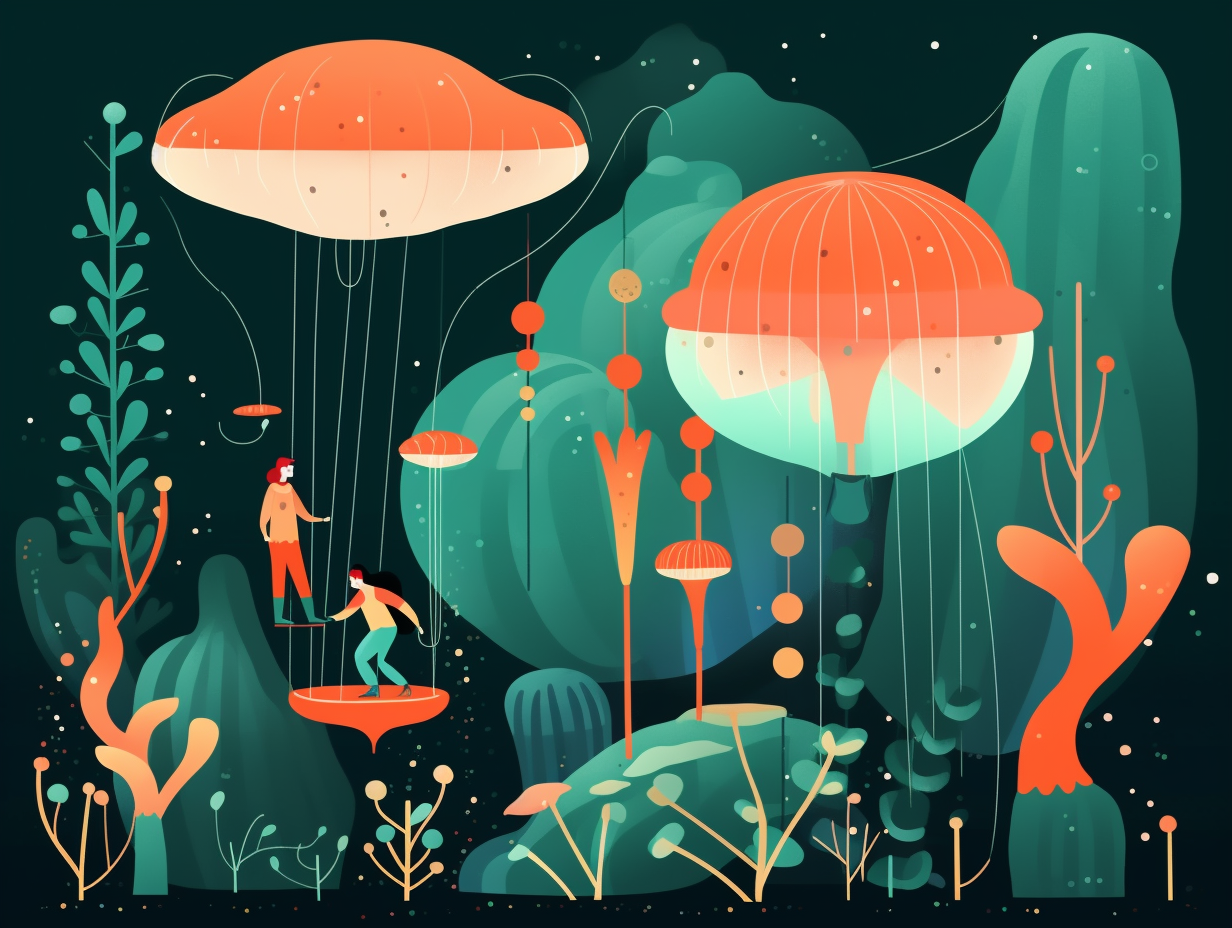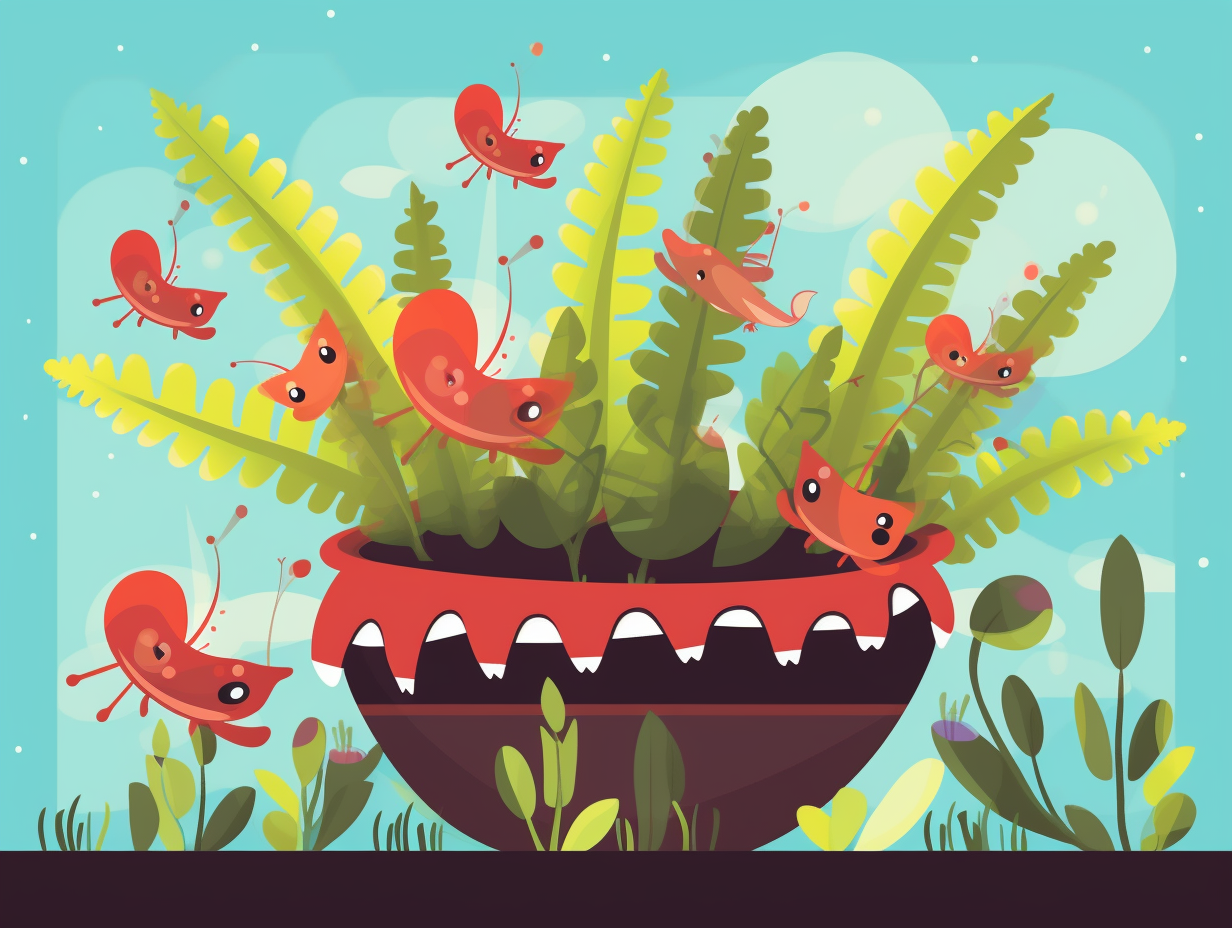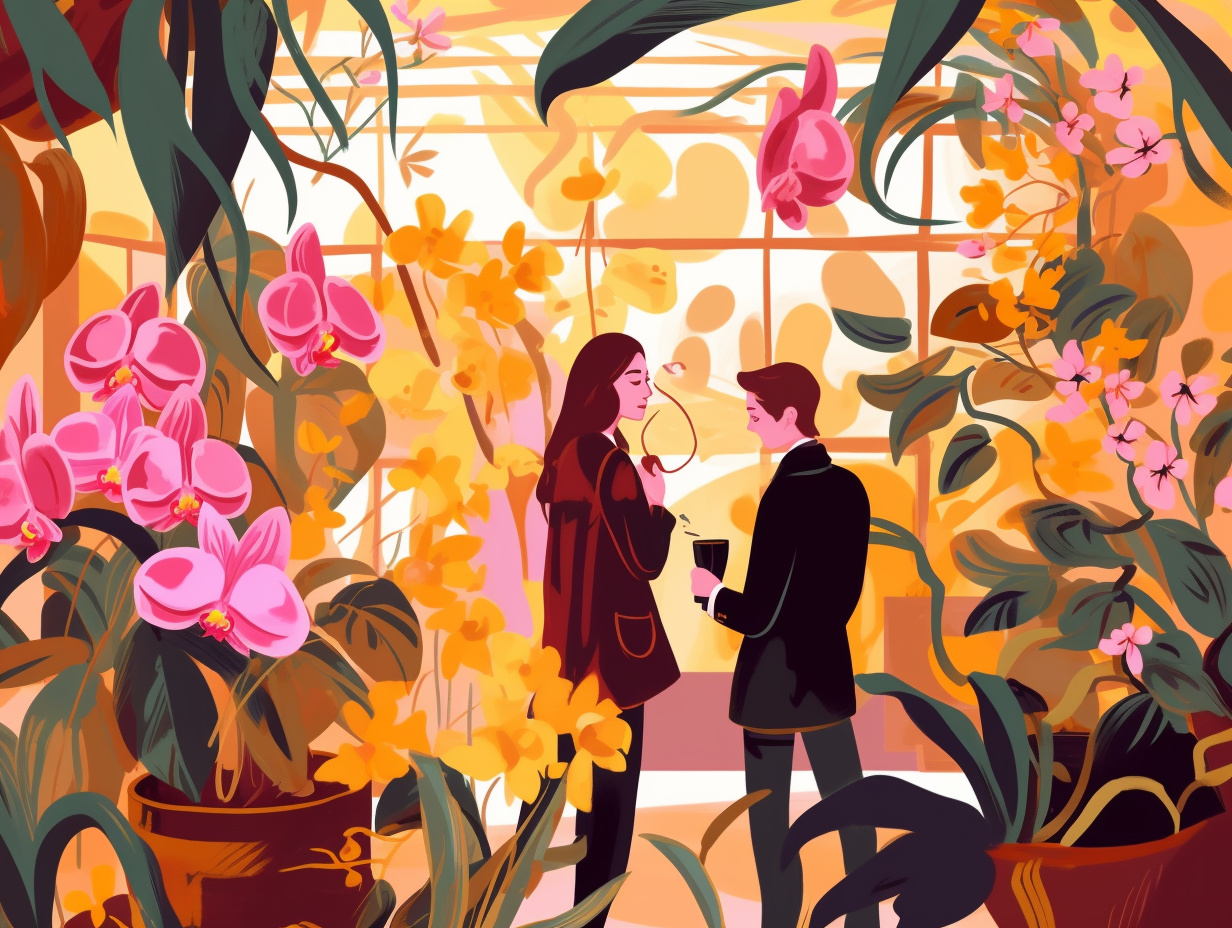Unleafable! Top 13 Amazing and Fun Facts About Leaves You Need to Know
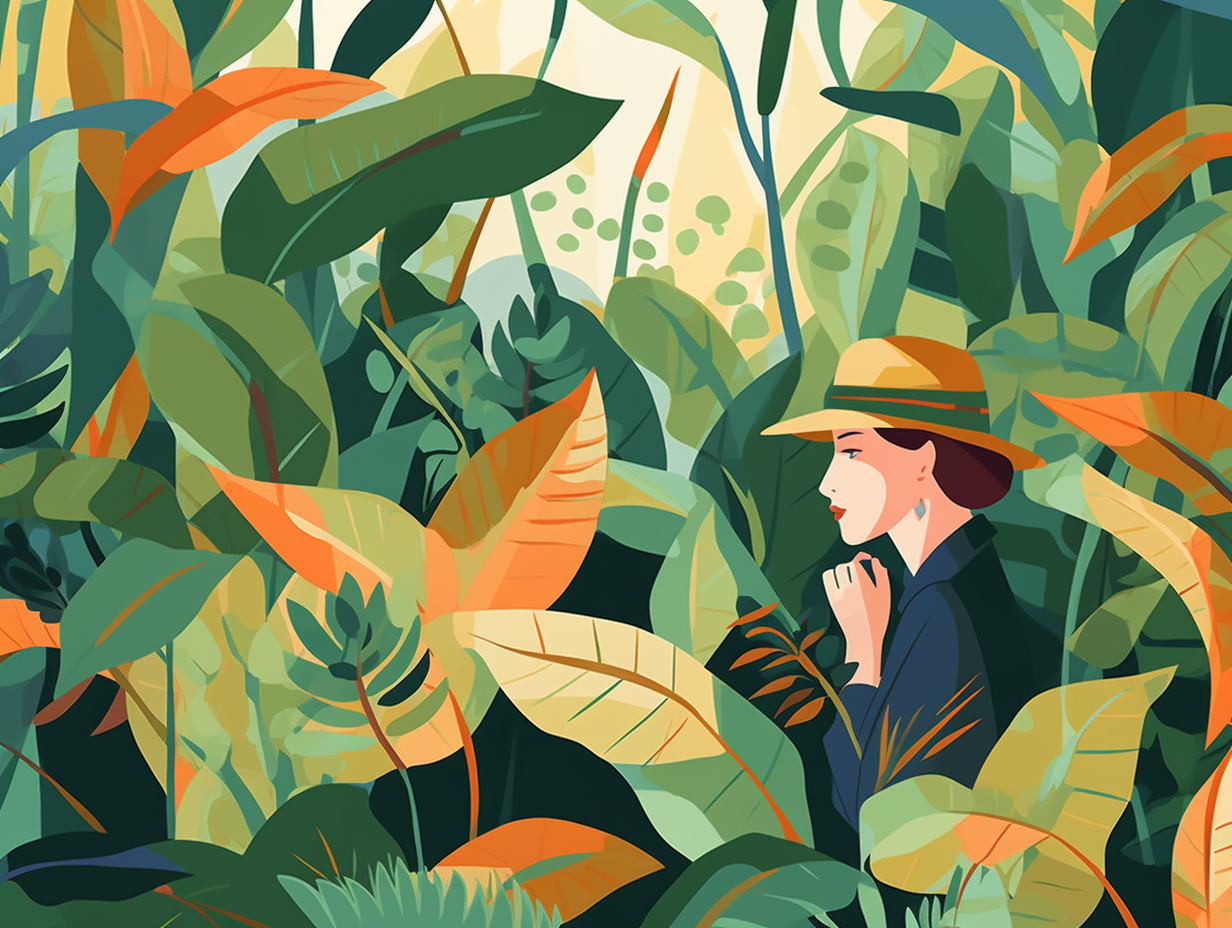
1. Iridescent Party Leaves
Ever wondered if Mother Nature moonlights as a rave party planner and enjoys a good light show? Well, some leaves surely seem to have inherited her groovy taste: Certain plant leaves, like those of Selaginella, produce iridescent colors due to structural properties like multilayers and diffraction gratings, causing them to change and shift colors under varying light conditions. Talk about nature's own mood lighting!
Source => ncbi.nlm.nih.gov
2. Leaves With Security Systems
You know how some plants seem to have an attitude, like the sassy Venus flytrap or the moody cactus? Well, they've got even more tricks up their sleeves: some leaves boast a built-in security system with physical barriers and chemical warfare to fend off pesky insects, even rallying the bug world's enemy forces to join the fight. Hey, it's a jungle out there!
Source => ncbi.nlm.nih.gov

Did you know plants have their own way of communicating through scented signals? Discover how they warn each other of dangers and invite some unexpected guests!
=> Fun Facts about Plants
3. Cyanide Casanovas
Danger, Will Robinson - don't leaf this one in the pantry unattended! Cassava leaves have a dangerously delicious side: Despite being protein-packed, vitamin-rich nutritional dynamos, these exotic greens harbor sneaky cyanide compounds that require pounding, rinsing, and boiling to detoxify, transforming these culinary daredevils into a safe and scrumptious mealtime option.
Source => sciencedirect.com
4. Touch-Me-Not Therapists
Who needs a therapist when you've got the touch-me-not plant, which seems to understand the importance of personal space better than some humans: Mimosa pudica, or the sensitive plant, swiftly closes its leaflets upon any contact as a defense mechanism, thanks to chemicals it releases that cause a loss of turgor pressure in the leaves.
Source => byjus.com
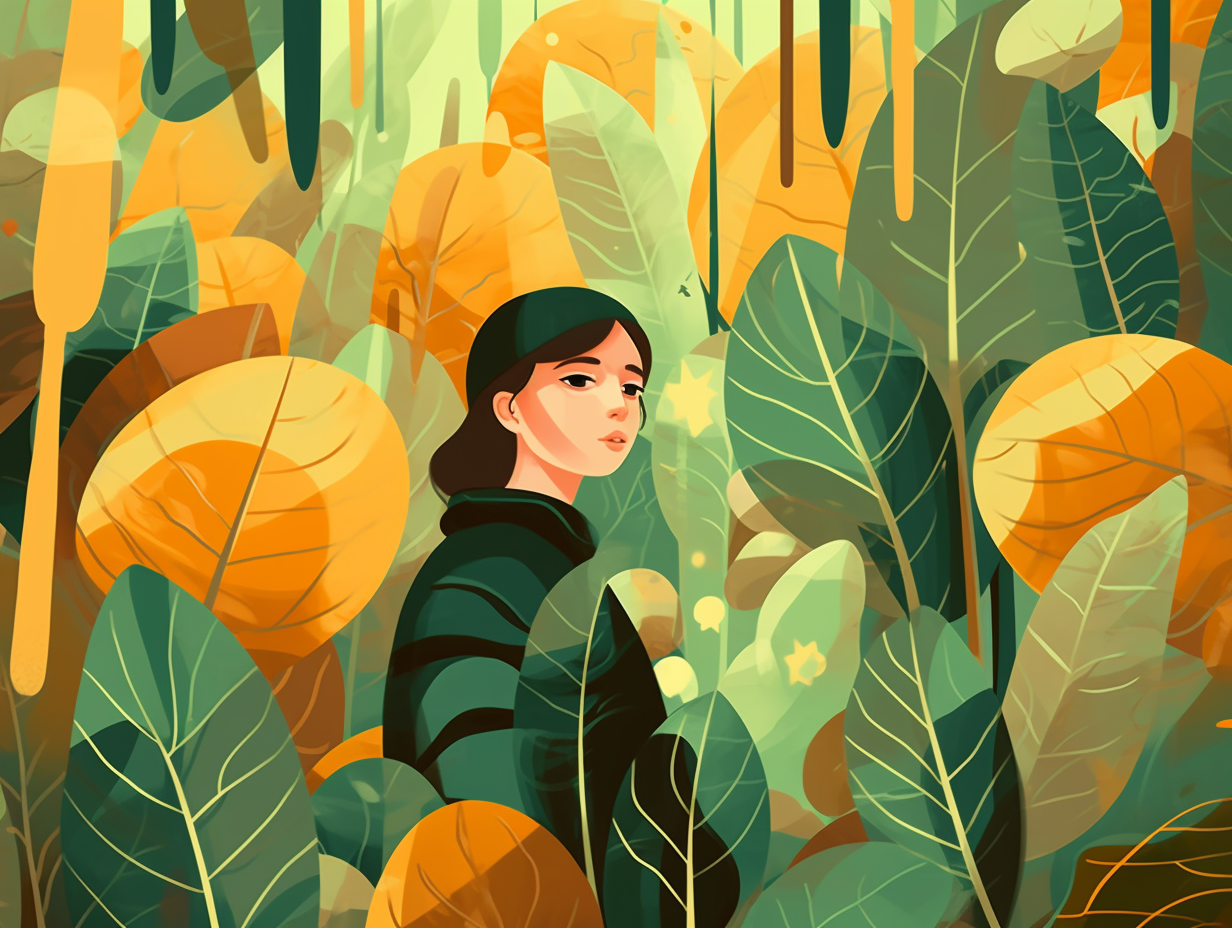
5. Seasonal Fashionistas
Ever wonder why leaves go through a seasonal mid-life crisis, seemingly abandoning their steady green jobs for a fabulous red carpet-worthy display? Here's the scoop: As daylight dwindles in fall, trees flippantly decide they've had enough of making chlorophyll, the green pigment responsible for glucose production, and unmask their hidden vibrant hues, creating an extraordinary autumnal extravaganza!
Source => jainsusa.com
6. Disco Tulip Trees
If trees had their version of a disco, tulip trees would be rocking the dance floor in their petal dresses with secret glowing tips: Tulip tree flowers dazzle with six greenish-yellow petals and a concealed bright orange splotch near the base, attracting insects for some groovy nectar and pollen action, while producing delicious honey especially in the southern states.
Source => northernwoodlands.org
7. Raffia's Tall Tales
If you think you've got the tallest tales around, gather 'round and get a leaf of this: The Raffia palm boasts the longest compound pinnate leaves on Earth, stretching a ridiculous 82 feet in length and 9.84 feet in width, found predominantly in tropical regions of Africa and Madagascar.
Source => ekunji.com
8. Breathing Room Evolution
Looking for a little more "breathing room" in these trying times? Turns out, leaves have been doing the same for over two centuries: As CO2 levels rise in the atmosphere, plants grow with fewer stomata – the tiny breathing holes in their leaves – resulting in a steady decline of stomata numbers for a given species over the last 200 years.
Source => bio.libretexts.org
9. Eco-friendly Superheroes
Who knew autumn's floor confetti was nature's miracle grow? As leaves tumble down like calico draperies starring in a Shakespearean tragedy, they're secretly plotting to become eco-friendly superheroes: Dead leaves decompose into rich soil boosters, infusing nutrients, retaining moisture, improving texture, aerating the terrain, and providing slow-release nourishment for plant roots – all without ever donning a cape!
Source => helpmecompost.com

10. Tea-riffic Variety
Whoever said variety is the spice of life must have been sipping on some delicious tea – except they probably didn't use spices but rather the vibrant leaves of Camellia sinensis: From this single plant, we get black, green, white, and matcha tea, with their unique flavors hinging on the level of oxidation, making black tea a caffeine powerhouse and green tea a bladder cancer-thwarting champion with its high dose of epigallocatechin-3-gallate (EGCG) antioxidants.
Source => mdanderson.org
11. Picky Venus Flytraps
The Venus flytrap: a sophisticated connoisseur of fine insect dining, requiring a certain number of delicate taps before it deems a meal worthy of its attention: To prevent false alarms and conserve energy, the trichomes on the inner surfaces of the hinged lobes must be touched multiple times before the trap finally shuts, serving the ultimate bug feast.
Source => nwf.org
12. The Green Irony
Leaves, the world's most underrated energy factories, would giggle if they knew "going green" is all the rage these days. These little green powerhouses sadly know they're not that great at the whole green game themselves: The pigment chlorophyll, responsible for the green hue, actually absorbs blue and red light to energize itself and kickstart photosynthesis, transforming carbon dioxide into key metabolic compounds and perpetuating plant growth.
Source => asknature.org
13. Carnivorous Sundew Spy
Whoever said "you are what you eat" clearly never met the carnivorous sundew plant: a master of foliage espionage, this crafty green menace patiently awaits a clumsy fruit fly to stumble upon its sticky grasp. Once captured, the leaf slyly morphs into a miniature stomach armed with jasmonates, granting this leafy assassin the ability to digest its hapless prey and revel in its predatory prowess.
Source => science.org
Related Fun Facts


